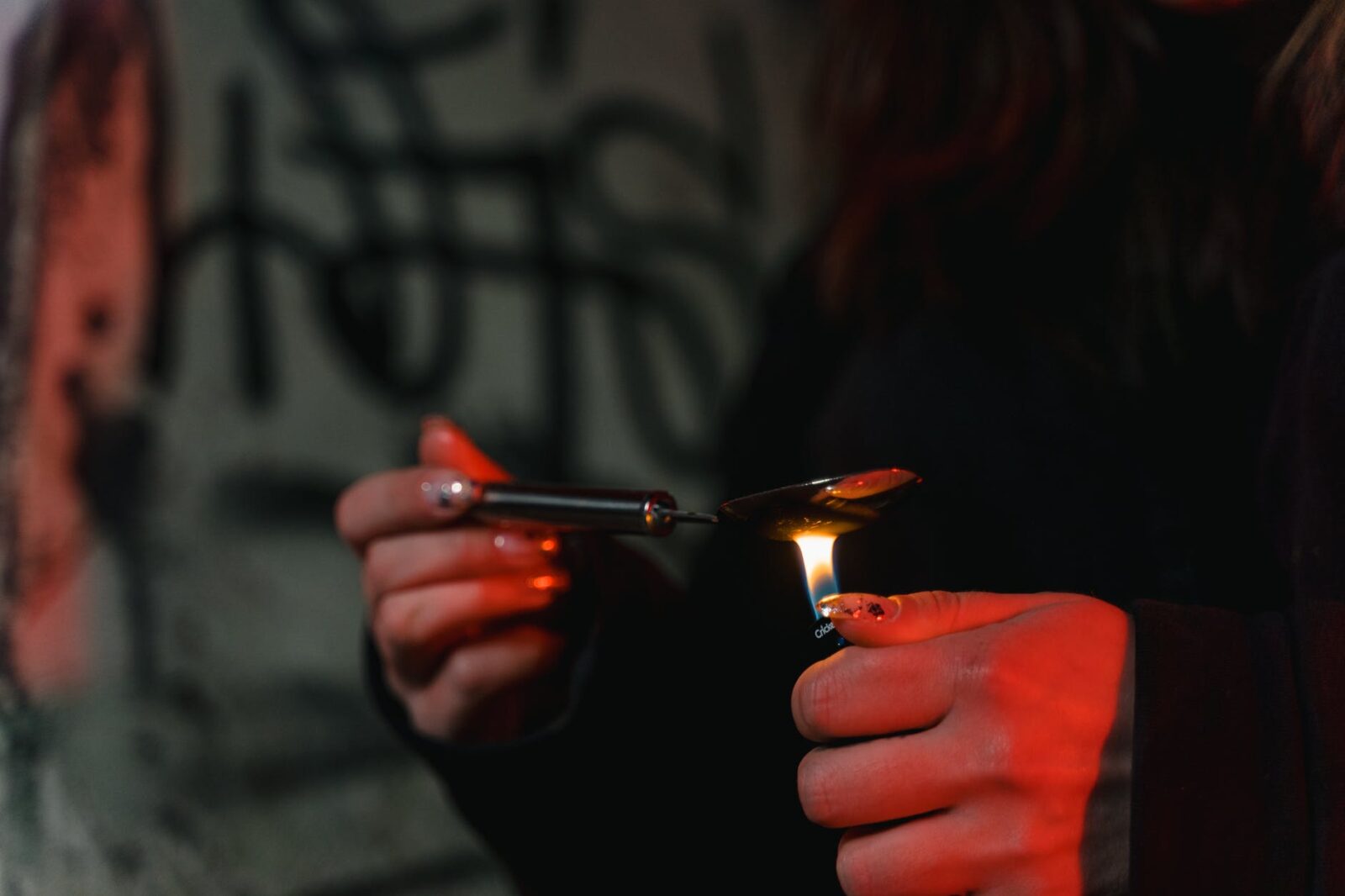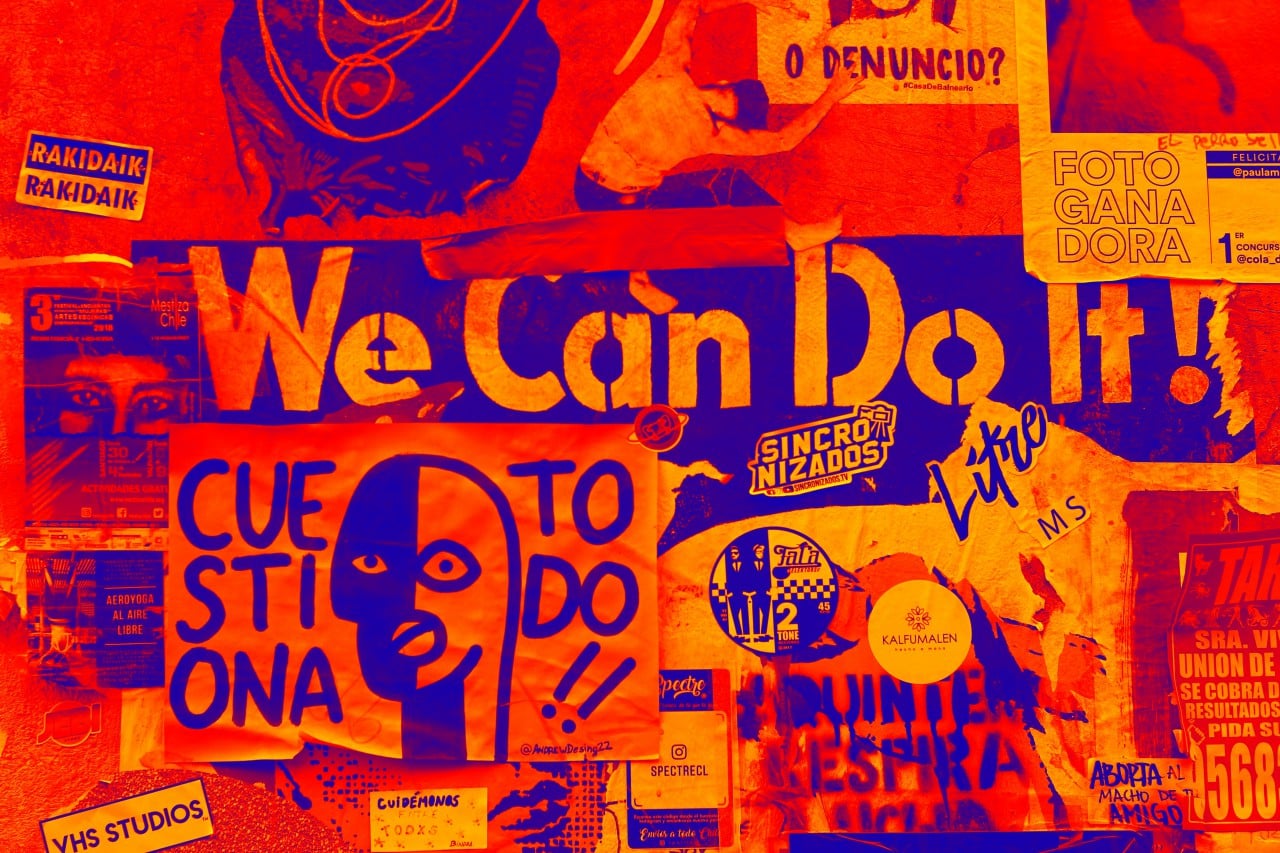The Drug Crisis | Why We’re Pro Legislation

Sue Dhillon is an Indian American writer, journalist, and trainer.
The legalisation of drugs has always been a difficult yet balanced debate. Countries are facing a war on drugs, and with the situation worsening maybe it’s time to reconsider and take a controversial stance. But what impact would these changing laws have on society if any?
THEY’RE ALREADY LEGAL!
When we’re talking about the legalisation of drugs, we’re talking about every substance under the sun. Now the idea of drug legalisation isn’t a foreign one with countries such as Argentina, Croatia and Spain to name a few, as well as 18 states within the USA legalising either all drugs or just weed.
It might seem a modern or liberal idea, but the first-time drugs were deemed ‘legal’ was twenty years ago. Portugal became the first country to decriminalise the personal possession of drugs, meaning it was no longer punishable by imprisonment or a criminal record. Instead, they now view it as an administrative offence meaning they could still get confiscated and receive penalties such as a fine or community service.
The Portuguese wanted to take a health-led approach to their citizens drug use problem, riding the stigma and viewing it as a health issue rather than a criminal issue. This new change in legislation brought about some very positive statistics as they saw almost a 60% decrease in drug use nationwide. Portugal has since influenced and set an example to many other countries/states that want to tackle their own illegal drug market.
TACKLING THE ISSUES
There’s no hypothetical talk when it comes to the debate of the legalisation of drugs, as we’re not stepping into the unknown and we’ve seen the positive outcomes of such, perfectly demonstrated by Portugal. But what other issues could the legalisation/decriminalisation of drugs do for society?
Over in the U.K. there’s a real concern not only about drug use, but the selling and distribution of such. One major crisis we face is that gangs are recruiting children as young as eight to distribute drugs around cities and towns (known as county lines). Whether groomed into the ‘industry’ or have a genuine interest, drug dealing comes with its own advantages, offering large sums of quick and easy money to those that may be poor.
I think that the legalisation and monitoring of selling could resolve the issue of younger people being drawn into crime as it would be an industry they physically cannot enter. The U.K. also faces the issue of prison overcrowding. If the decriminalisation law was to pass, not only would it reduce prison numbers, but it would allow young people to avoid jail sentences and the long-term repercussions of having a criminal record (e.g. jobs, education etc).
One aspect of why drug use is so taboo is the fact that we have no idea what is in them. The consumption of the questionable substances has resulted in deaths, with many being amongst young adults who consume such at raves and festivals. The U.K is slowly trying to resolve this issue by offering drug testing stations at festivals. Festival goers can visit such sites without judgement as they have their drugs tested. They’ll receive the results informing them of its contents and are freely given the decision of whether to resume with them or dispose.
A great way of working to remove the stigma around drug use, one way in which we can do it on a national scale is by making drugs legal. Legalisation means regulations. This means drugs will be made ‘correctly’ without containing substances which could be lethal. Meaning that people will be safer when taking them. Furthermore, with regulations in place it can help prevent not only deaths and hospitalisations but also the spread of diseases through needle sharing.
Governments are always thinking about money, and drug legalisation can bring that through jobs and the selling of such. There’s no denying that there is money to be made, so rather than have it embedded within the Black Market, why not your country’s economy. The profit made can help finance support groups, rehab and other forms of treatment to tackle the misuse of drugs.
In addition, the underground drug empire brings crime and violence into society through gang wars. The legalisation could potentially reduce such as the industry will be mainstream.
THE DRUG CRISIS IS ACTUALLY THE MENTAL HEALTH CRISIS
Whilst some people take substances to have a good time, others consume to help them resolve their negative mental state. Reported by the Centers for Disease Control and Prevention, 13% of Americans started or increased substance useas a way of dealing with stress and emotions related to the pandemic. We don’t have a drug problem; we have a mental health problem. If the support or funds aren’t there, people are going to find other means of making them feel better whether it’s legal or not.
I’ll have to admit, I’ve always been pro legalisation as I personally feel that it will bring more positive effects than negative. I think it will make everyone safe in many ways but also create funds which could potentially help tackle our mental health crisis.
This article was written by contributing writer Malin Jones.
Malin Jones – Click on the link to see her LinkedIn.
More stories from Malin –
Cancel Culture And Its Evolution
A Heated Olympics: The Inclusion Of Transgender Women
Social Media Influencers Are Taking Over The World And They Want More



